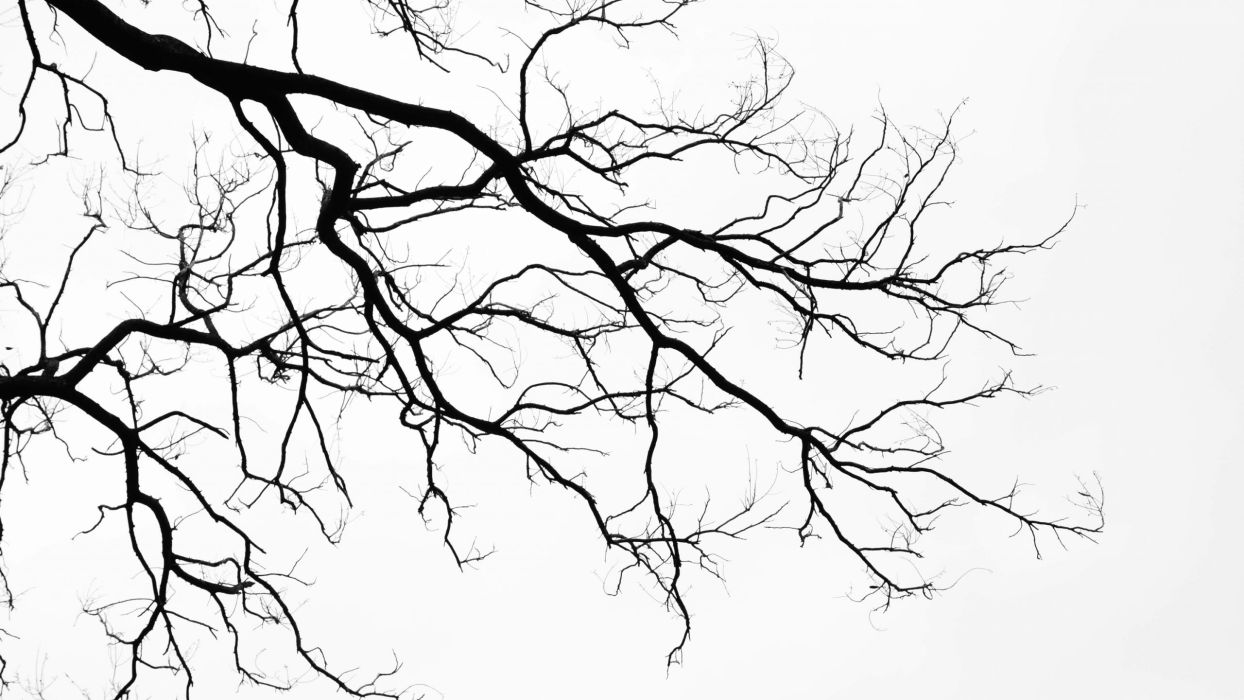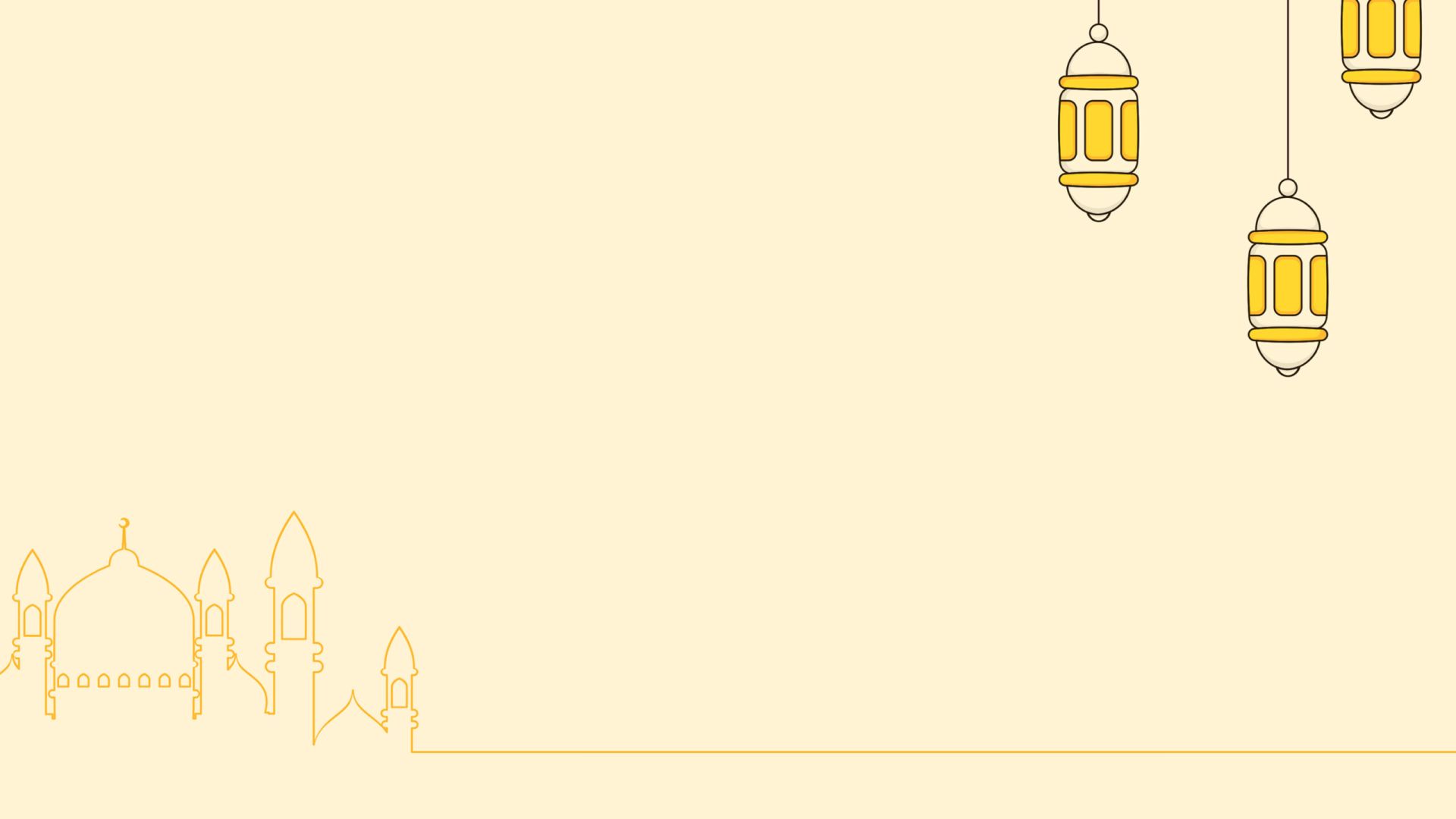An Explanation of the Branches of Īmān
Shaykh Mūsá Richardson

Our noble brother discusses the importance of īmān and its branches based on a very beautiful ḥadīth from the Messenger of Allāh (ﷺ), collected by Bukhārī and Muslim. This ḥadīth regarding the branches of faith is narrated by Abū Hurayrah (raḍi Allāhu ʿanhu), in Ṣaḥīḥ al-Bukhārī, who said that the Messenger of Allāh (ﷺ) said, “Īmān is sixty odd branches.” In Ṣaḥīḥ Muslim, there is a slight differing in wording in where it is narrated that he (ﷺ) said, “Īmān is 70 odd branches…the highest of which is the statement ‘Lā ilāha illā Allāh,’ and the lowest of its branches is removing a harm from the path of the people, and shyness is a branch of īmān.”
In this ḥadīth, we see that the Messenger (ﷺ) has given us a foundation, a principle, for those who ponder deeply. He has given us three examples of īmān, after telling us that īmān has different branches or levels; some higher than others. All of this reinforces what Ahl al-Sunnah say about the very definition and reality of īmān — that it is not as the Murjiʿah claim and not something which is either there or isn’t, and therefore, you are either a believer or a disbeliever. Rather, īmān is something which fluctuates between strong and weak, or high and low, and this is clearly presented within this ḥadīth. Some of the scholars consider the Murjiʿah to be one of the most dangerous sects from all of the sects that have deviated from Islām with their claim that īmān neither increases nor decreases, but rather is something which is fixed and unrelated to actions, and saying that actions complete īmān but they are not an essential part of īmān. Some of the extreme Murjiʿah mention that īmān is just tasdīq — merely belief in the heart and statement of the tongue.
Ahl al-Sunnah, however, say actions themselves are a necessary requirement of īmān and that there is no īmān without action. The scholars of the past have said that īmān comprises of statements of the tongue, actions of the limbs and belief in the heart.
In the aforementioned ḥadīth, the Prophet (ﷺ) gave three examples in order to demonstrate the three levels of īmān. The first being the statement “Lā ilāha illā Allah,” which is the highest branch of faith. The second is removing something harmful from the path of the people, and the third is that shyness is a branch of faith.
From this ḥadīth, we see explicitly from the statement of the Messenger (ﷺ), evidence for the belief of Ahl al-Sunnah regarding īmān being the statement of the tongue, actions upon the limbs and belief in the heart.
With regards to the lowest branch of faith being the removal of harm from the path of the people, then the scholars have specifically mentioned that this is īmān relating to Islamic brotherhood. The intention is to protect the Muslims from harm. It is important to note that the neglect that Muslims have in general has caused them to become neglectful in very important aspects of īmān. An example of this is when the people become so selfish that they will remove their shoes at the door of the masjid and will not put their shoes out of the way, whilst there are people who attend who are unable to walk well, are elderly or disabled; this could potentially lead to harm. So compare the idea of these actions and the lowest branch of īmān, which is the removal of something harmful from the path of the people, and then look to the individual who has not only failed in removing the article of harm but rather, has become the cause of harm. Indeed, this is an affair which the people should ponder over.



